Grape Variety
Scheurebe
"shoy-ray-beh"
Wine Styles
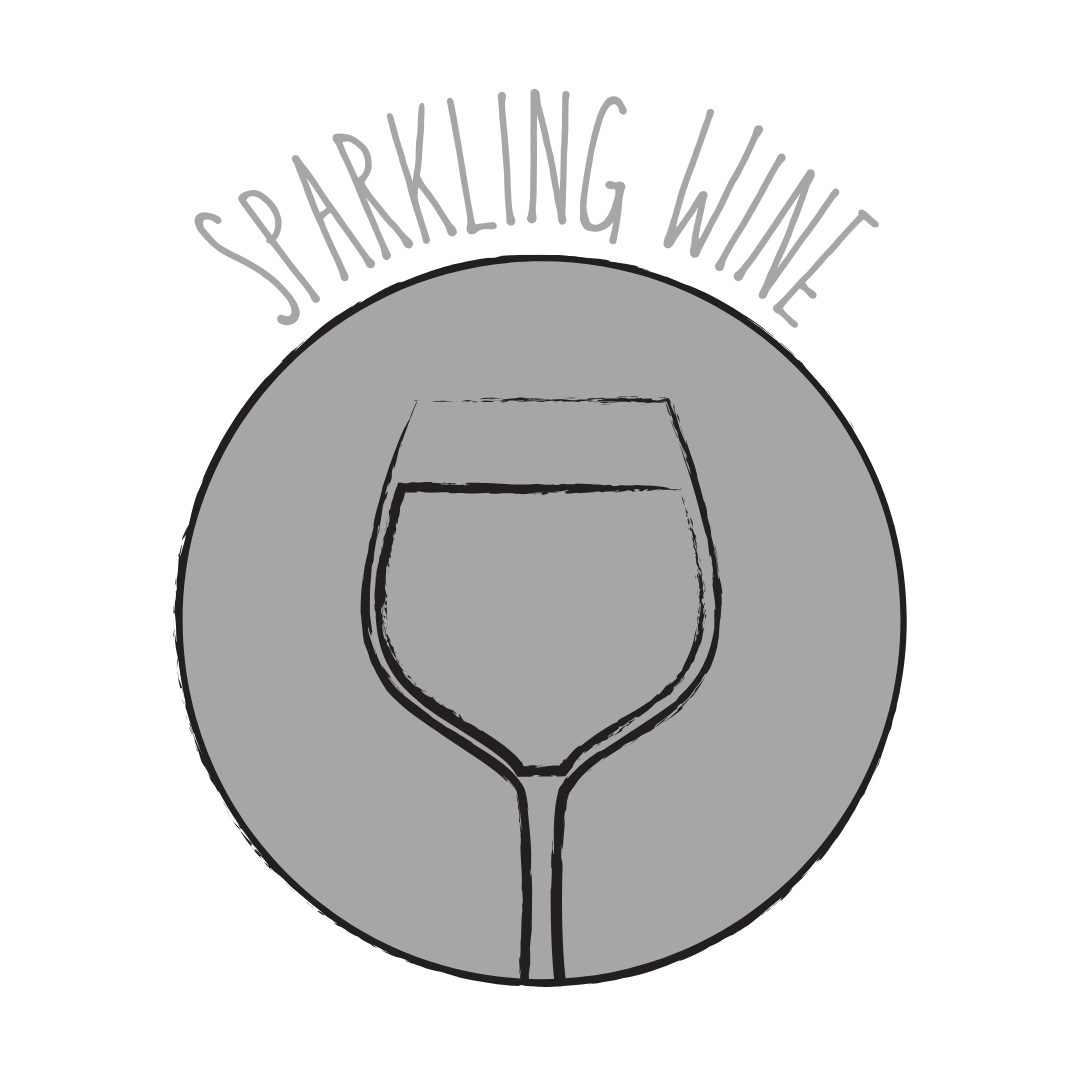 Sparkling
Sparkling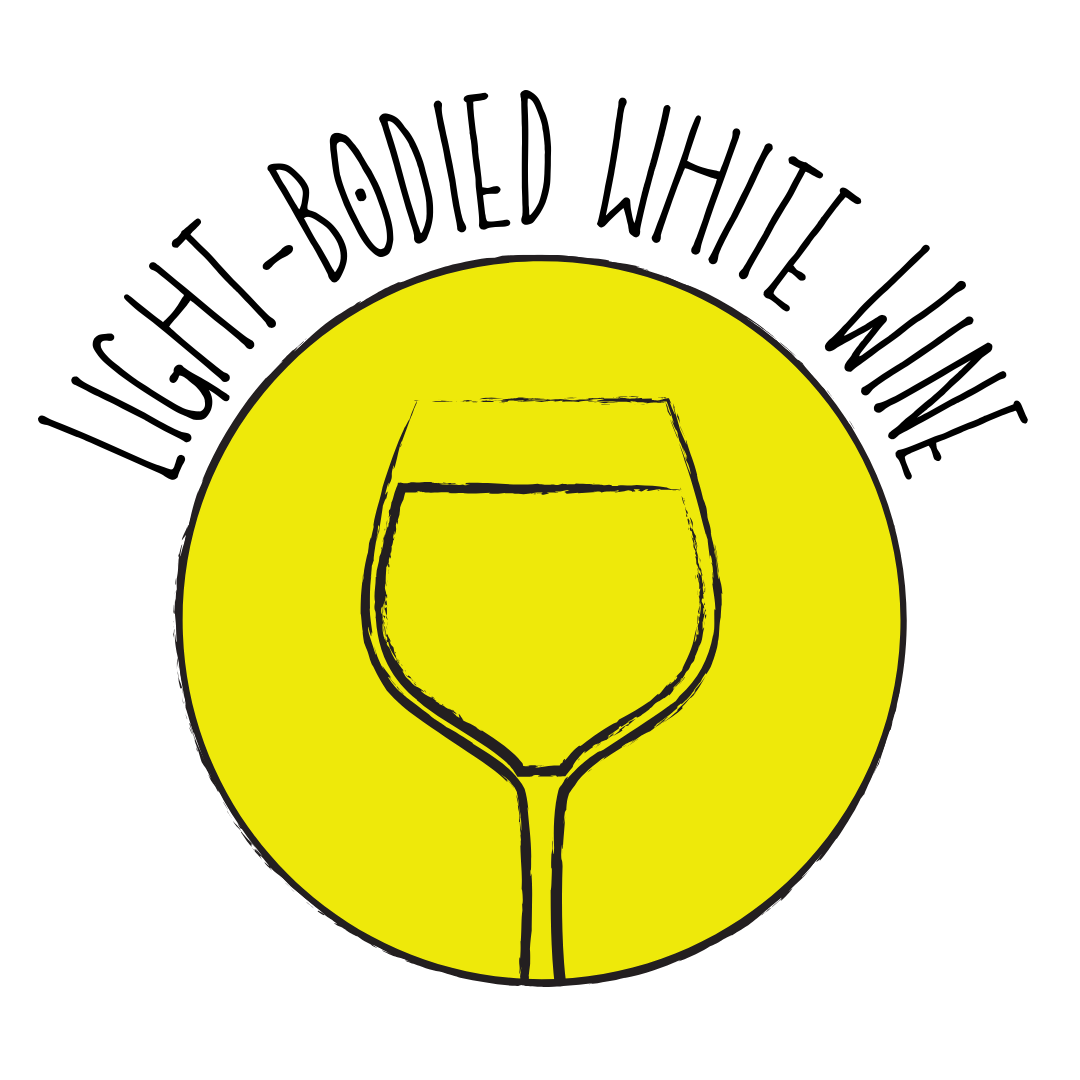 Light White
Light White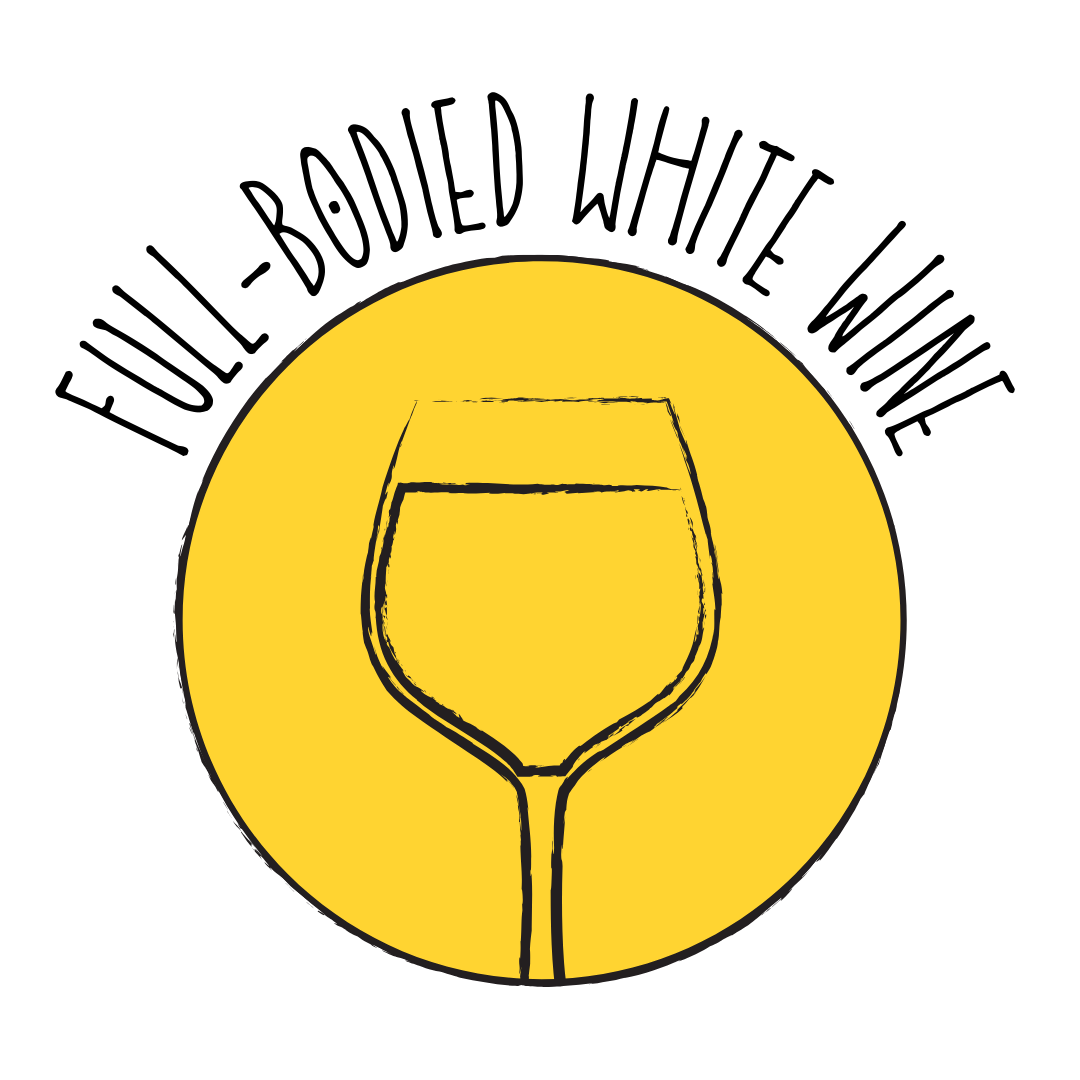 Full White
Full White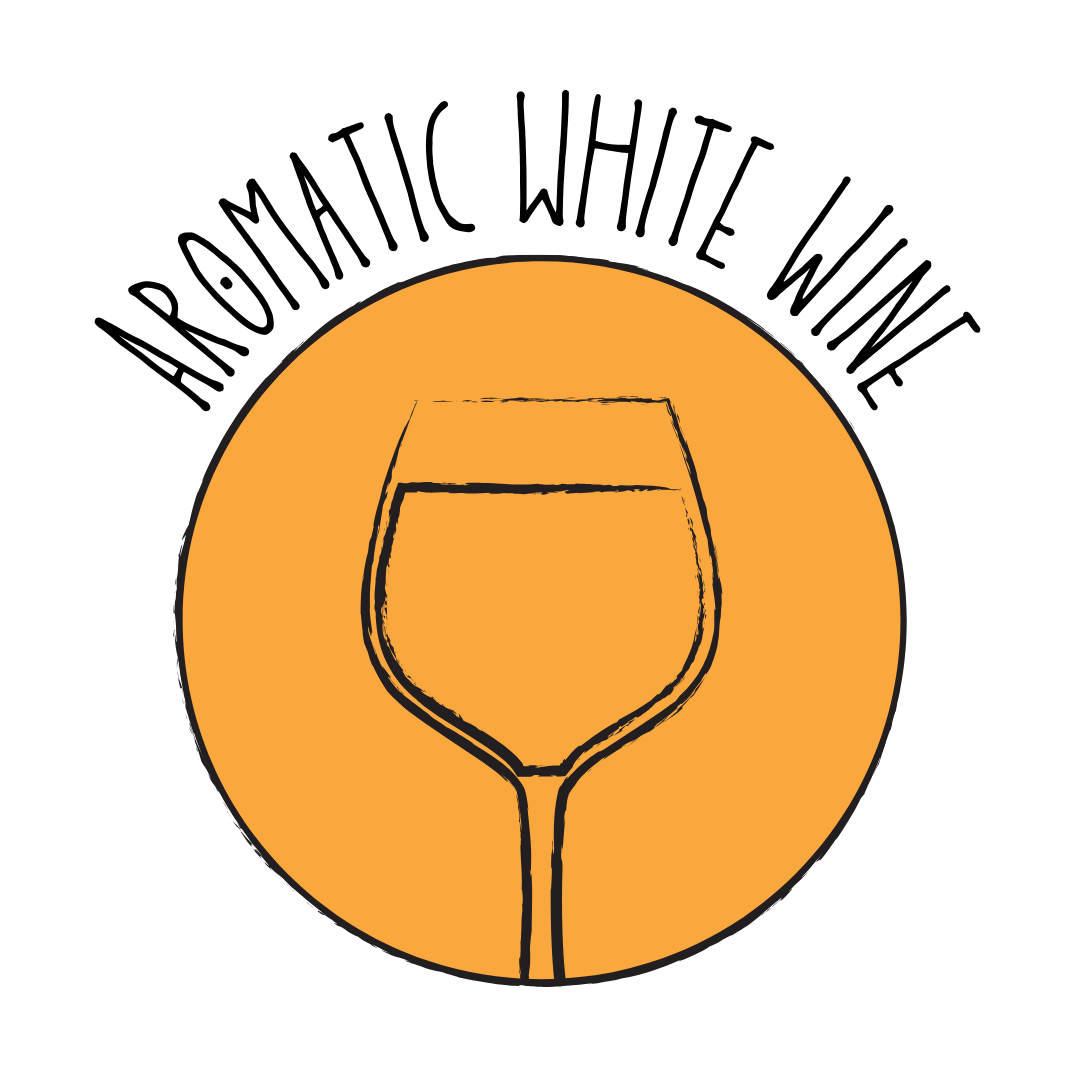 Aromatic
Aromatic Rosé
Rosé Light Red
Light Red Medium Red
Medium Red Full Red
Full Red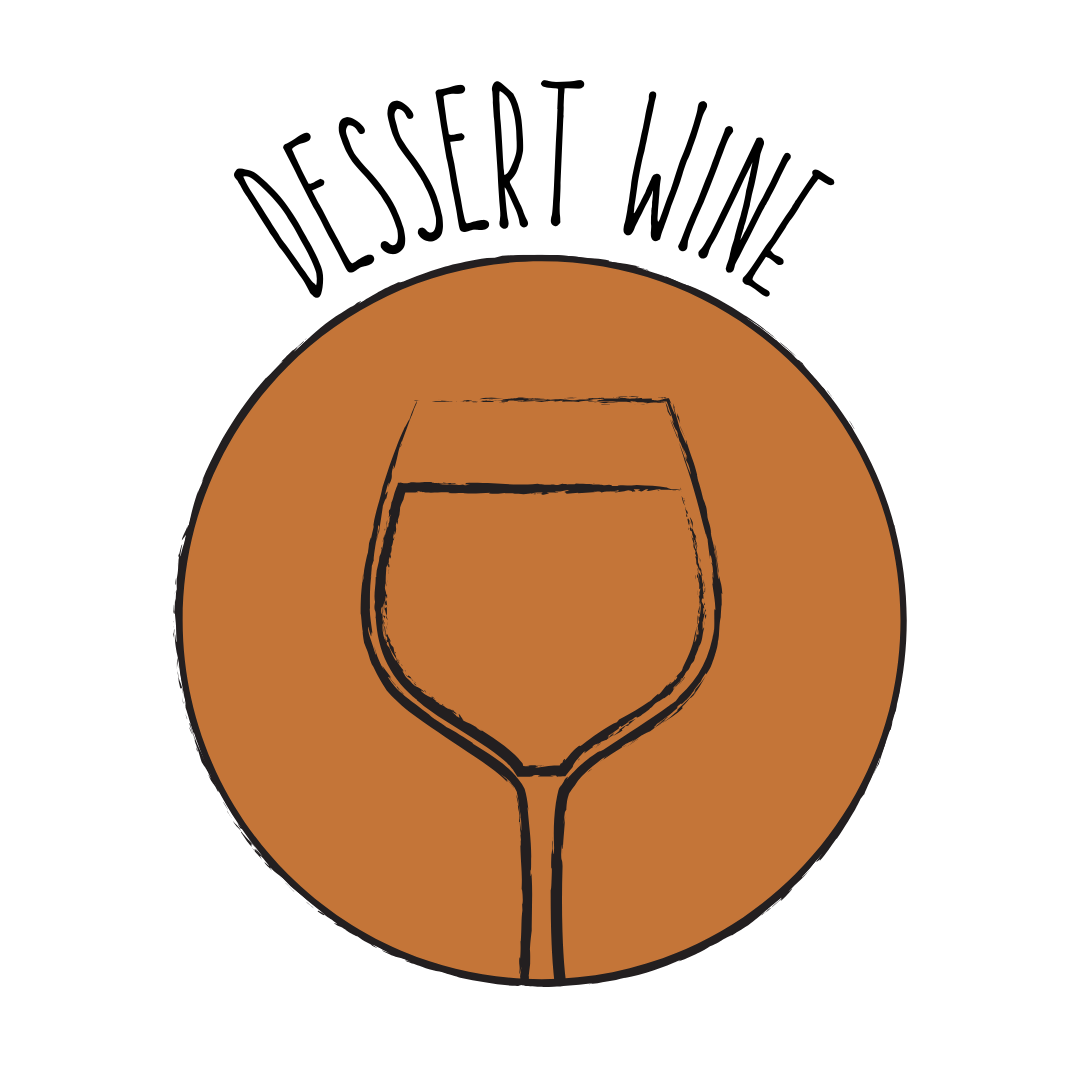 Dessert
DessertAbout Scheurebe
Origin
Alzey, Rheinhessen, Germany
History
Scheurebe was created in 1916 by German viticulturist Dr. Georg Scheu in Alzey, Rheinhessen. Initially believed to be a cross between Riesling and Silvaner, DNA analyses in 2012 identified Bukettrebe as the parent variety alongside Riesling. The grape was initially referred to as Sämling 88 (Seedling 88) and later named Scheurebe in honor of its breeder. It has become well-established in several German wine regions and in Austria, particularly valued for its aromatic qualities and versatility in producing both dry and sweet wines.
Appearance
Small to medium-sized, greenish-yellow berries forming compact clusters.
Growing Traits
Scheurebe ripens in early October and is known for its pronounced acidity and aromatic qualities. It thrives in various soil types and is particularly successful in regions like Pfalz, Rheinhessen, and Nahe. The grape is suitable for late-harvest styles, often leading to wines with full body and a bouquet reminiscent of black currants.
Wine Characteristics
Body
3/5
Sweetness
2/5
Tannin
0/5
Acidity
4/5
Alcohol
3/5
Medium-bodied with a pronounced aromatic profile, offering a harmonious balance between acidity and fruitiness. Versatile in vinification, ranging from dry to lusciously sweet styles, including noble sweet wines. Negligible tannin levels, as it is a white grape variety used in white wine production. Pronounced acidity, providing freshness and longevity to the wines. Moderate alcohol content, generally ranging from 11% to 13.5%, depending on the winemaking style.
Taste Profile
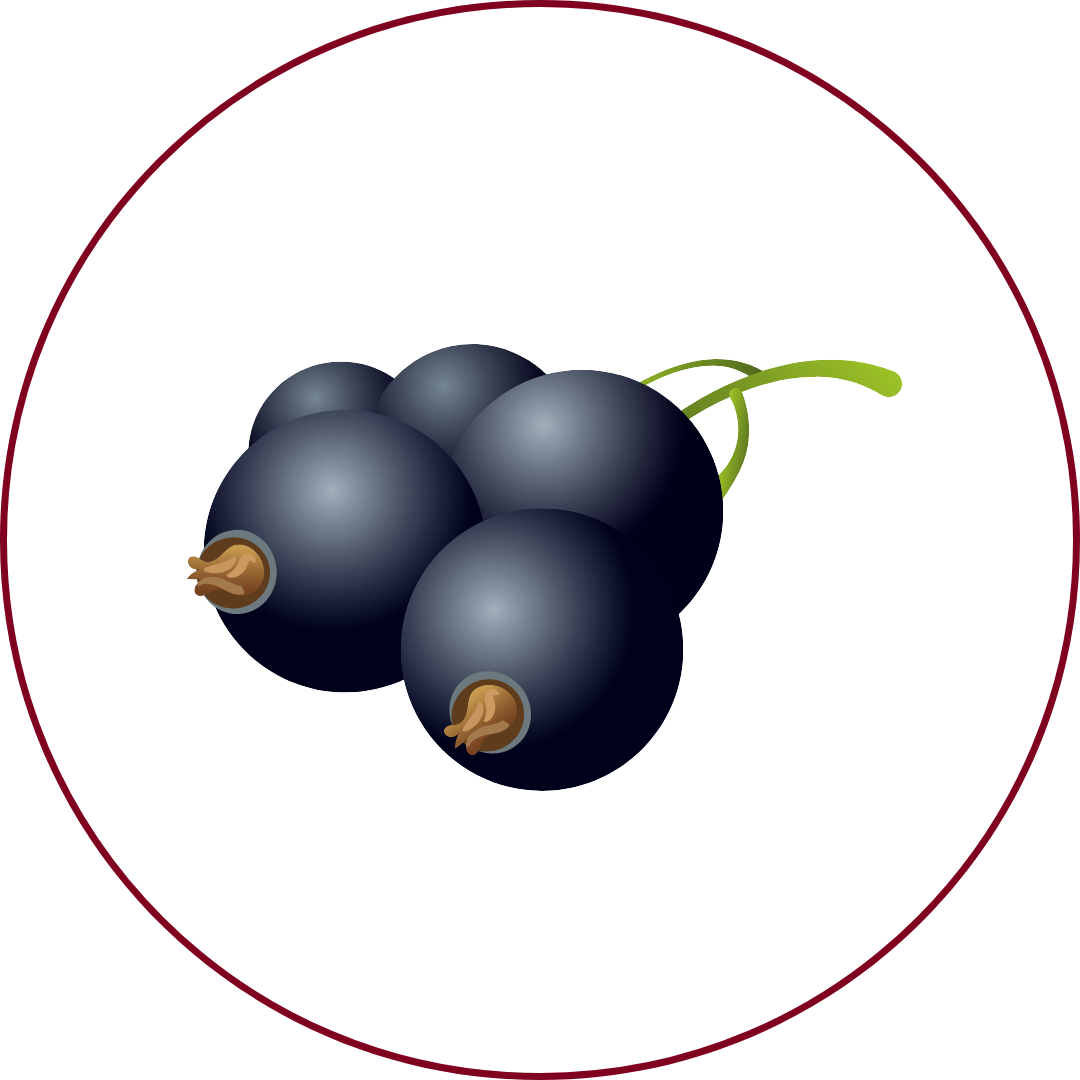
Black currant
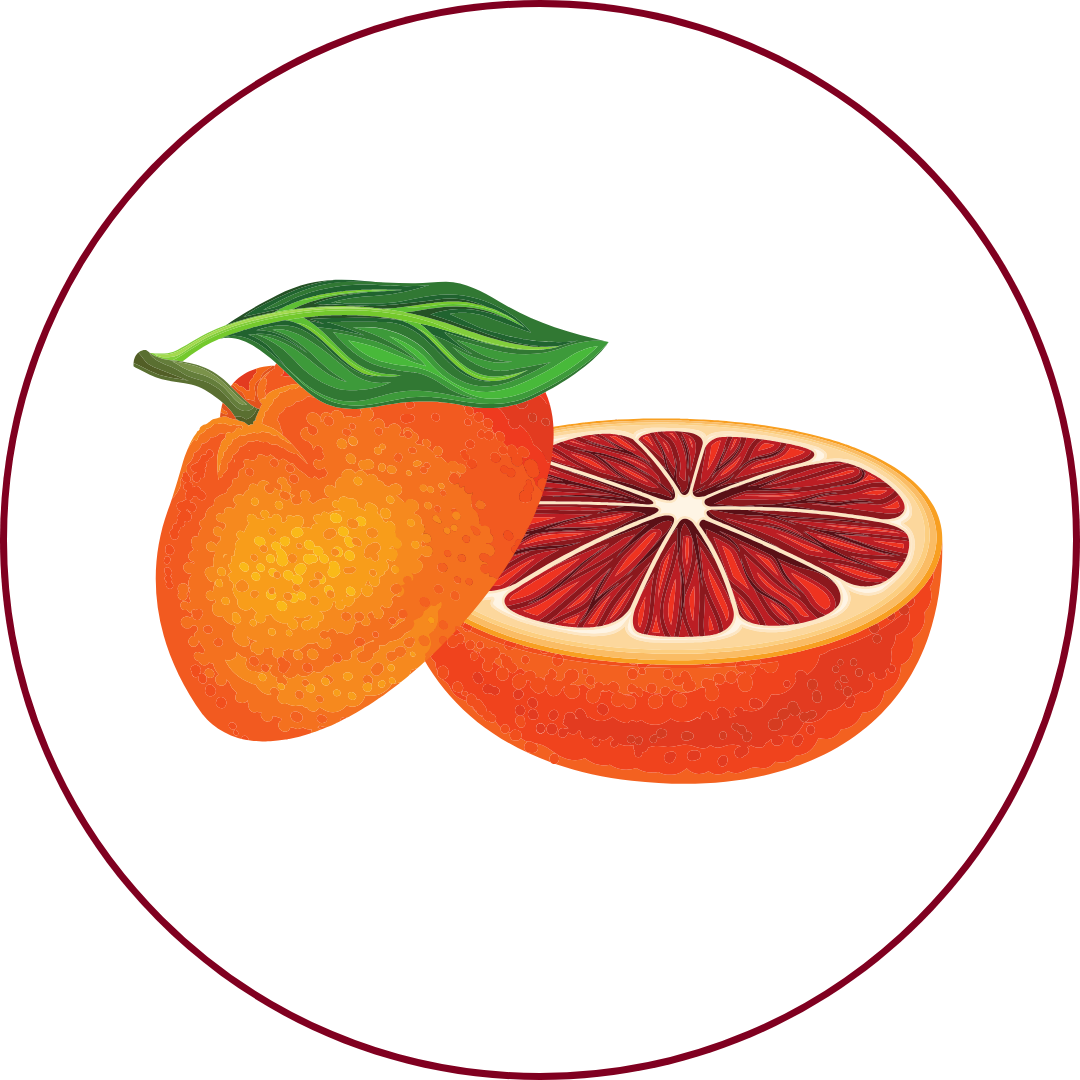
Grapefruit
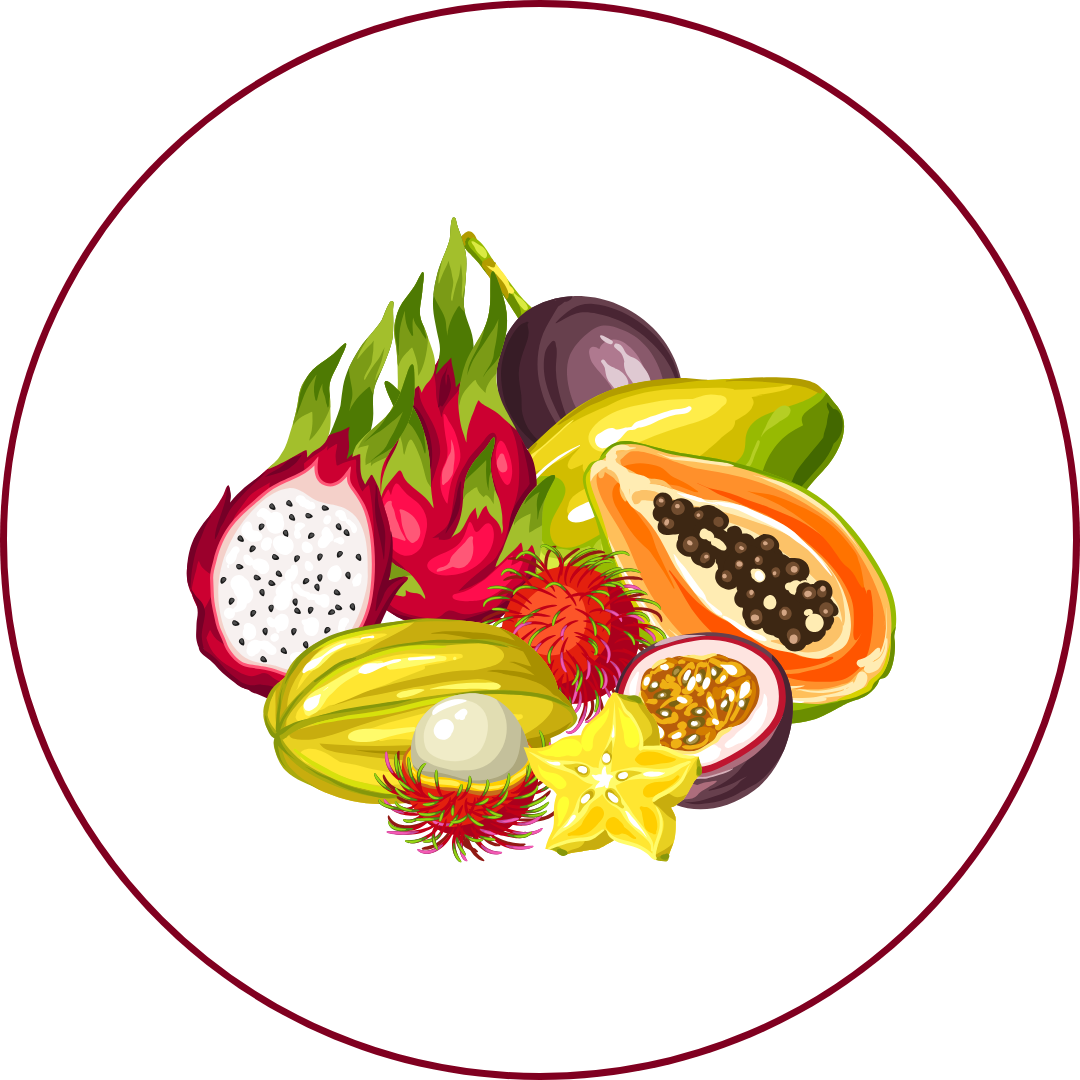
Exotic fruits
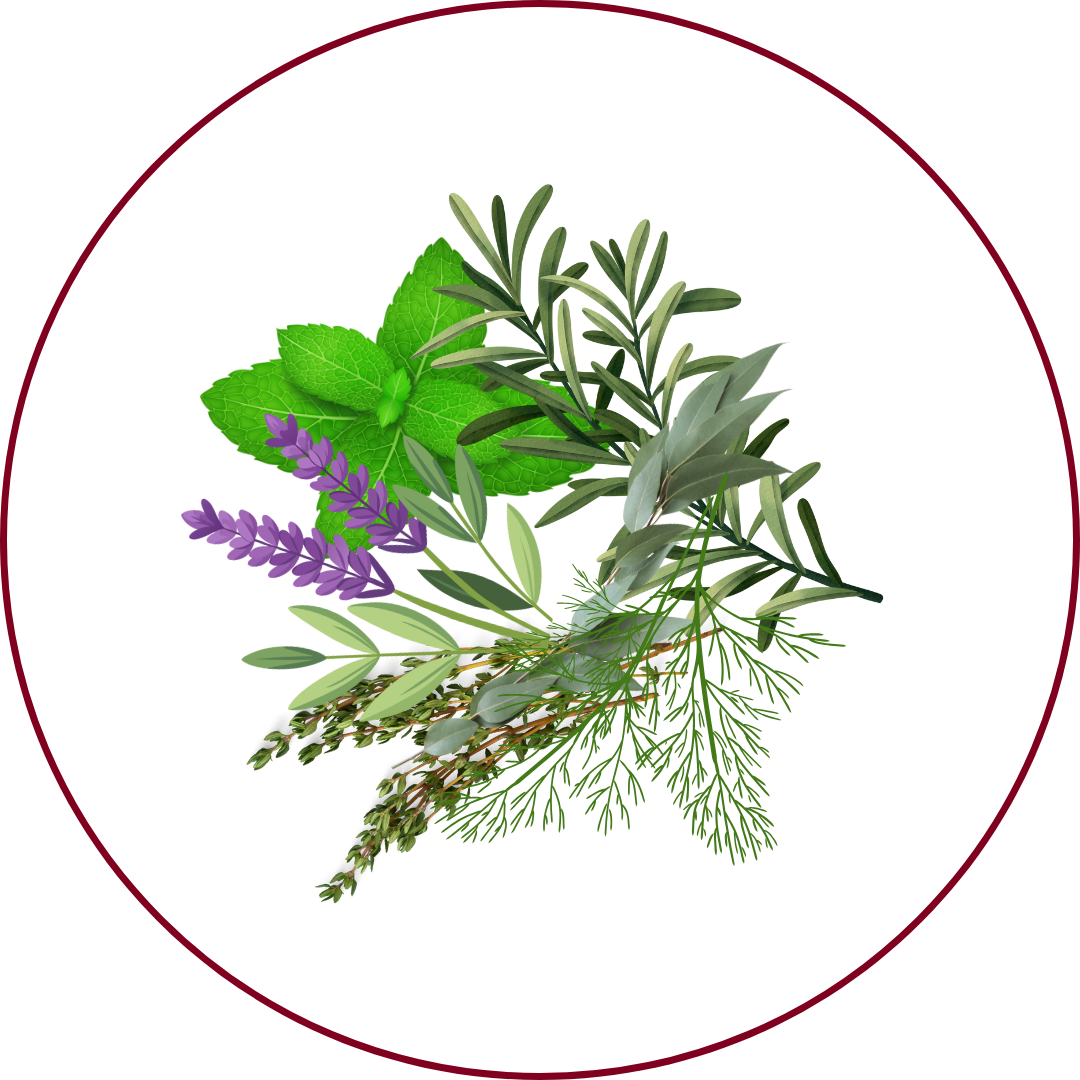
Herbal
Scheurebe wines are highly aromatic, often exhibiting a bouquet and taste reminiscent of black currants, grapefruit, and exotic fruits. The wines have full body, pronounced acidity, and a harmonious combination of stimulating acidity and fine, fruity sweetness.
Food Pairing
Scheurebe's aromatic intensity and balanced acidity make it a versatile companion for various dishes. Dry styles pair well with spicy Asian cuisine, seafood, and poultry, while sweeter versions complement fruity desserts and blue cheeses. The wine's pronounced fruitiness and acidity also make it suitable for pairing with aromatic and spicy ragouts of fish and poultry, especially from Asian cuisine.
Growing Regions

Germany
PfalzRheinhessenNahe

Austria
BurgenlandStyria

Switzerland
Valais

United States
California
Notable Wines & Producers
Scheurebe Spätlese
Weingut Pfeffingen
Weingut Müller-Catoir
Scheurebe Trockenbeerenauslese
Weingut Kracher
Weingut Gsellmann & Gsellmann
Dry Scheurebe
Weingut Wittmann
Weingut Keller
Scheurebe FAQ
Common questions about this grape variety
What is the origin of Scheurebe?
+
Alzey, Rheinhessen, Germany
Is Scheurebe wine full bodied?
+
Scheurebe has a body level of 3 out of 5. Which means that Scheurebe is Moderate bodied.
Is Scheurebe wine dry or sweet?
+
Scheurebe has a dryness level of 2 out of 5. Which means that Scheurebe is Semi-Dry.
Where is Scheurebe wine from?
+
Alzey, Rheinhessen, Germany
Where is Scheurebe grown?
+
Scheurebe is grown in Germany (Pfalz, Rheinhessen, Nahe)Austria (Burgenland, Styria)Switzerland (Valais)United States (California).
What is Scheurebe like?
+
Scheurebe wines are highly aromatic, often exhibiting a bouquet and taste reminiscent of black currants, grapefruit, and exotic fruits. The wines have full body, pronounced acidity, and a harmonious combination of stimulating acidity and fine, fruity sweetness.
What does Scheurebe pair with?
+
Scheurebe's aromatic intensity and balanced acidity make it a versatile companion for various dishes. Dry styles pair well with spicy Asian cuisine, seafood, and poultry, while sweeter versions complement fruity desserts and blue cheeses. The wine's pronounced fruitiness and acidity also make it suitable for pairing with aromatic and spicy ragouts of fish and poultry, especially from Asian cuisine.
What does Scheurebe taste like?
+
Scheurebe wines are highly aromatic, often exhibiting a bouquet and taste reminiscent of black currants, grapefruit, and exotic fruits. The wines have full body, pronounced acidity, and a harmonious combination of stimulating acidity and fine, fruity sweetness.
Take Scheurebe Knowledge with You
Access detailed grape profiles, tasting notes, and pairing suggestions on your iPhone.
Download on theApp Store